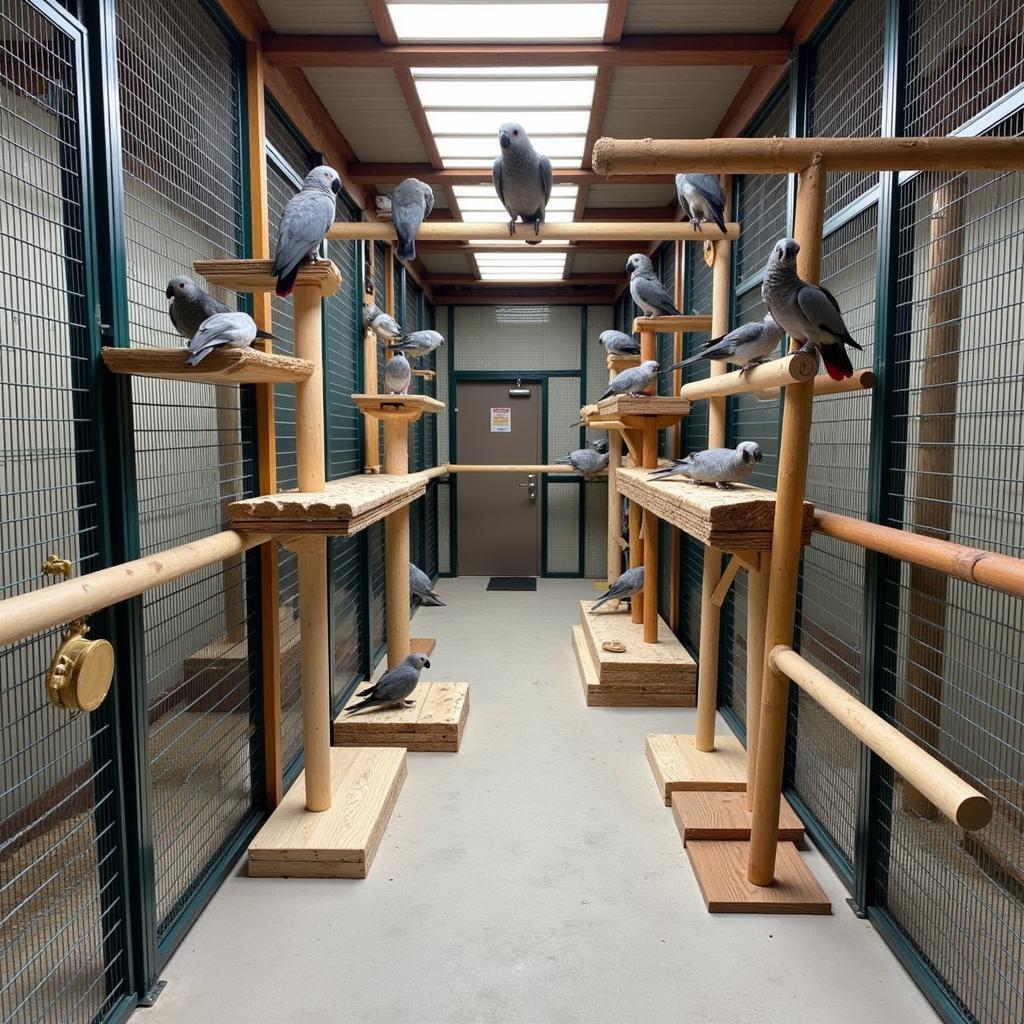The African Diaspora in Early Modern Europe
The African Diaspora In Early Modern Europe is a complex and often overlooked aspect of history. From the 15th to the 18th centuries, Africans arrived in Europe under various circumstances, shaping the continent’s social fabric in profound ways. Their presence challenged existing notions of identity, race, and belonging, leaving an indelible mark on European culture, economy, and society.
Forced Migration and the Slave Trade
The most significant driver of the African diaspora in early modern Europe was the transatlantic slave trade. Millions of Africans were forcibly removed from their homelands, subjected to brutal conditions during the Middle Passage, and enslaved in European colonies across the Americas. While the vast majority of enslaved Africans were transported to the Americas, a smaller but significant number were brought directly to Europe, primarily to serve as domestic servants, laborers, or artisans. This forced migration resulted in the establishment of African communities in port cities like Lisbon, Seville, and London. These communities, despite facing discrimination and hardship, managed to preserve aspects of their cultural heritage through music, storytelling, and religious practices.
The impact of the slave trade extended beyond the individuals directly involved. It fueled the growth of European mercantilism, enriching merchants, financiers, and landowners. The wealth generated from the slave trade contributed to the development of European cities and industries, while simultaneously devastating African societies and economies.
Free Africans in Early Modern Europe
Not all Africans in early modern Europe were enslaved. Some arrived as merchants, diplomats, sailors, or students. These free Africans often played important roles in their communities, challenging stereotypes and contributing to intellectual and cultural exchange. For example, Juan Latino, an Afro-Hispanic scholar and poet in 16th-century Spain, achieved recognition for his Latin writings and became a professor at the University of Granada.
These stories of free Africans, though less numerous than those of enslaved people, provide a crucial counter-narrative to the dominant narrative of exploitation and oppression. They highlight the agency and resilience of African individuals who navigated complex social landscapes and left their mark on European history.
African Cultural Influences in Early Modern Europe
The presence of Africans, both enslaved and free, influenced European culture in various ways. African music, dance, and artistic traditions found their way into European art forms, contributing to the development of new musical genres and theatrical performances. African culinary traditions also left their mark, introducing new ingredients and flavors to European cuisine.
How did African music influence European music during this period?
African rhythms and musical styles influenced the development of European folk music and even some classical compositions.
What examples of African artistic influences can be seen in Early Modern European art?
African motifs and artistic styles can be seen in some European paintings, sculptures, and decorative arts from this era.
“The African presence in early modern Europe was far more nuanced than just the slave trade. We must remember the stories of free Africans, their achievements, and their contributions to European culture,” says Dr. Anika Toussaint, a historian specializing in the African diaspora.
The Legacy of the African Diaspora
The African diaspora in early modern Europe laid the groundwork for future generations of Africans in Europe. It also contributed to the complex racial dynamics that continue to shape societies today. Understanding this historical period is crucial for acknowledging the contributions of Africans to European history and addressing the lasting impact of slavery and colonialism.
“The legacy of the African diaspora in early modern Europe is a complex tapestry of resilience, resistance, and cultural exchange. It is a story that deserves to be told and remembered,” adds Professor Kwame Asante, a leading scholar on African studies.
achievements of pan africanism
In conclusion, the African diaspora in early modern Europe is a complex and multifaceted historical phenomenon. It is a story of forced migration and exploitation, but also of resilience, cultural exchange, and individual achievement. Understanding this period provides valuable insights into the shaping of modern Europe and the ongoing legacy of the African diaspora.
FAQ
- What were the main reasons for the African diaspora in early modern Europe?
- How did the transatlantic slave trade impact the African diaspora in Europe?
- Were all Africans in early modern Europe enslaved?
- What were some of the cultural contributions of Africans in early modern Europe?
- How did the African diaspora shape the social and cultural landscape of early modern Europe?
- What is the lasting legacy of the African diaspora in early modern Europe?
- Where can I learn more about the African diaspora in early modern Europe?
Common Scenarios and Questions
-
Scenario: Researching the lives of specific African individuals in early modern Europe.
-
Question: Where can I find primary source materials related to the African diaspora in European archives?
-
Scenario: Studying the impact of the slave trade on European economic development.
-
Question: What resources are available for understanding the economic links between the slave trade and the growth of European cities?
Further Exploration
Explore other related topics on our website, such as the history of African communities in specific European cities, the role of Africans in the arts and sciences during this period, and the development of anti-slavery movements in Europe.
Contact Us
For further assistance, please contact us at Phone Number: +255768904061, Email: kaka.mag@gmail.com or visit our office at Mbarali DC Mawindi, Kangaga, Tanzania. We have a 24/7 customer support team.

